If you click on a link and make a purchase we may receive a small commission. Read our editorial policy.
Like it or not, the MCU changes Marvel Comics - Look at Agatha Harkness, as Marvel's executive editor points out (and dislikes)
Writing in his weekly substack, Marvel's Tom Brevoort discusses the impact that the MCU (and in this case, Kathryn Hahn), has on what happens in comicdom
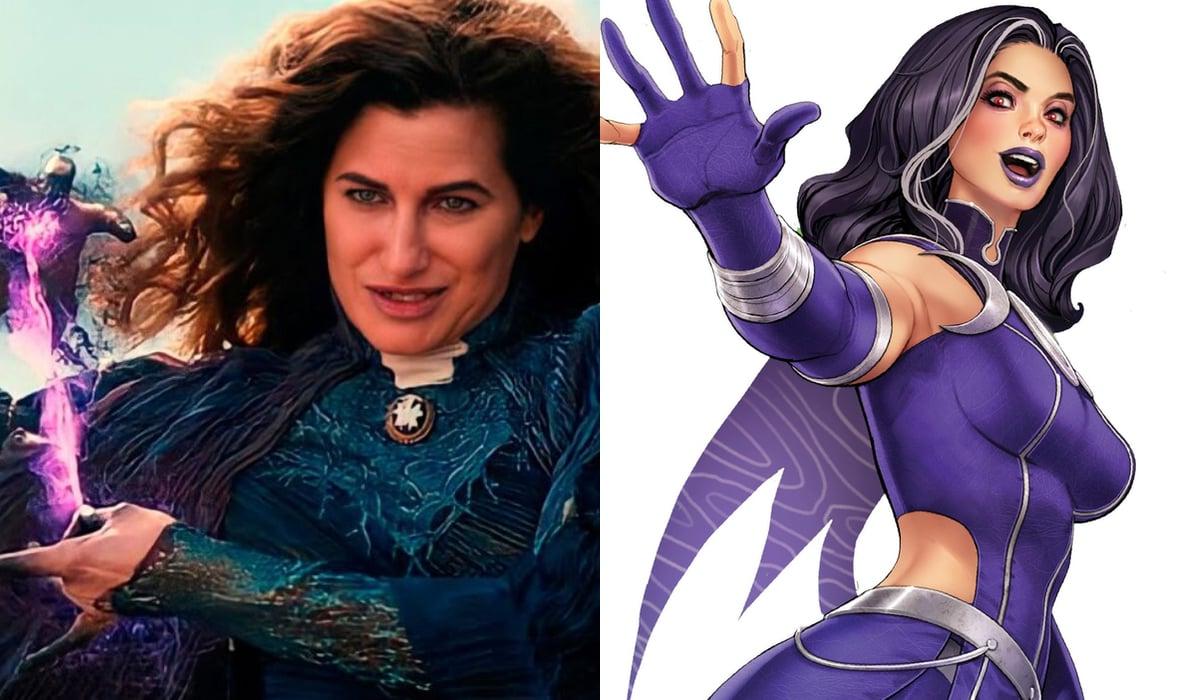
Popverse's top stories
- How Critical Role’s fan community helps Matthew Mercer remember a decade of storytelling
- Inside the "gutsy decision" by Marvel to kill the Ultimate Marvel imprint, and why they were worried continuing it would be wrong
- Every Final Fantasy game is different, but these are the things that always stay the same [Gamify My Life]
If you've been here before, you probably know that we at Popverse are fascinated by the ever-evolving relationship between the Marvel Cinematic Universe and the comics from which they get all their ideas. You'll recall that we covered Marvel's new office dedicated to Deadpool & Wolverine comics after this summer's smash hit film, or the annual meetings that Marvel editorial has with the cinematic chiefs. But one thing we are eternally curious about, especially since the answer is always changing, is just how much the MCU films actually effect the House of Ideas's comic book output. On November 17, we got a new answer to just that.
That answer came from Marvel executive editor (and current captain of the X-Men line) Tom Brevoort, writing in his weekly substack, Man with a Hat. In the most recent edition as of this writing, a fan going by the name "Biggu" asked a question that boiled down to: "How do [editors] know when to stand your ground because you’re confident chasing a trend do a disservice to a character, or when you have to swallow your pride and chase the trend and go with the sale?" (The "trend" Biggu is referring to here is a hypothetical change made to a character for their inclusion in the MCU.)
"This doesn’t really happen all that often," Brevoort begins, saying that he trusts the writers working with him to deliver what's best for the characters in their charge. However, he also admits that sometimes the choice isn't theirs (or his) to make.
"The reality is that I don’t own the characters of the Marvel Universe," he writes, "And so, if the organization (or somebody placed higher up in it) decides that a change is to be made and I disagree with it [...] my objective has to switch to focusing on telling the best version of that story that it’s possible to tell."
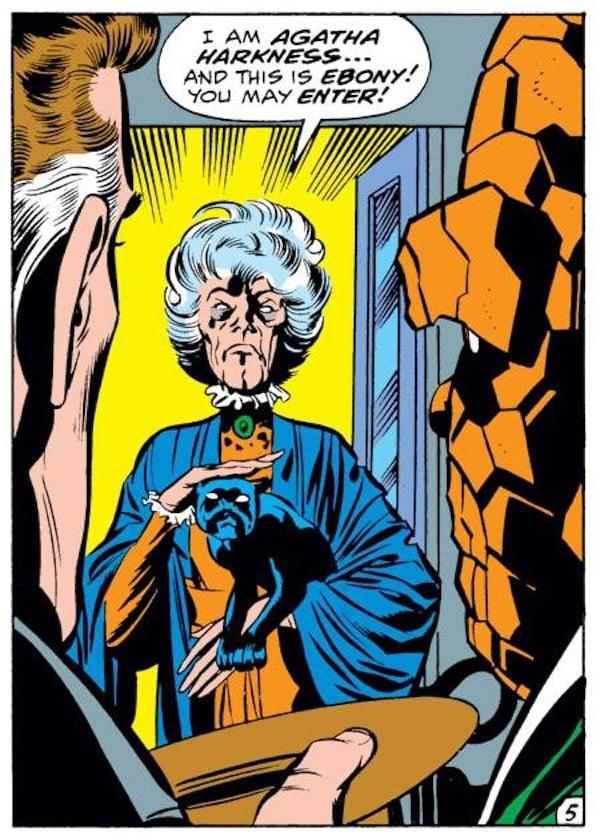
It just so happens that Brevoort can even think of an example of just that focusing, namely in the character of Agatha Harkness. First the villain of WandaVision and now the star of her own series, the Agatha that appears on Disney+ is a far cry from the one first introduced in 1969's Fantastic Four #94. Since Kathryn Hahn donned the purple robe and jingled her way into America's heart, her comic book counterpart has adopted a very similar characterization, making her "virtually an entirely new character" in Brevoort's eyes.
Of course, it wasn't just that the character's personality changed; she was also de-aged as the result of draining power from a particularly mighty magical threat - that old story - and went from looking like the wizened old lady originally designed by Fantastic Four, X-Men, and Hulk co-creator Jack Kirby as can be seen to your right to... well, someone who looks, if anything, even younger than Kathryn Hahn. (It all happened in 2022's Midnight Suns miniseries if you want to check it out.)
However, even though he's not personally a fan of the switch, Brevoort admits he sees the reasoning behind it.
"I’m well aware that Agatha had a sum total of zero fans before that change," Brevoort concludes, "and that an awful lot of people are incredibly invested in her as portrayed by Kathryn Hahn. So following suit in the comics simply makes good sense."
It's an interesting window into the Marvel editorial processes and how they're affected by their billboard-and-billion-dollar spawn. You have to wonder if Brevoort will have more examples like this in the near future - will he and his compatriots have to figure out a way to make Vision all white again in the comics? Or to work Muse back into Daredevil stories? Maybe even kill Blade off completely?
Odds are, he'll let us know. And your Popverse pals will be all over it.
Keep up to date on Popverse's Marvel coverage, with these highlights:
- The MCU needs Anya Taylor-Joy's Magik in it (and not just for the X-Men connection)
- How Disney+'s What If...? is the moonshot for the next 50 years of Marvel Studios & the MCU
- Marvel Studios has accidentally created a new Phase that predates Phases 1 - 6: the MCU Phase Zero
- Overgrown children of the atom: Marvel's X-Men can't evolve past their '90s commercial peak
- The biggest outstanding questions of the Marvel Studios' movies & TV shows
- Donald Trump is the landlord for Marvel's House of Ideas
- Marvel Studios swapping out Doctor Doom for Kang offers the chance to jettison the Multiverse Saga
- What Marvel Studios boss Kevin Feige is saying (and not saying) about the MCU X-Men franchise says a lot about the future of the Mutant Saga
- If Marvel is going to bring Loki back for Secret Wars, it's time to give him an upgrade
- In 2021, Sony's boss said people won't miss Spider-Man in its Spider-adjacent movie. Turns out, they do.
Follow Popverse for upcoming event coverage and news
Find out how we conduct our review by reading our review policy
Let Popverse be your tour guide through the wilderness of pop culture
Sign in and let us help you find your new favorite thing.

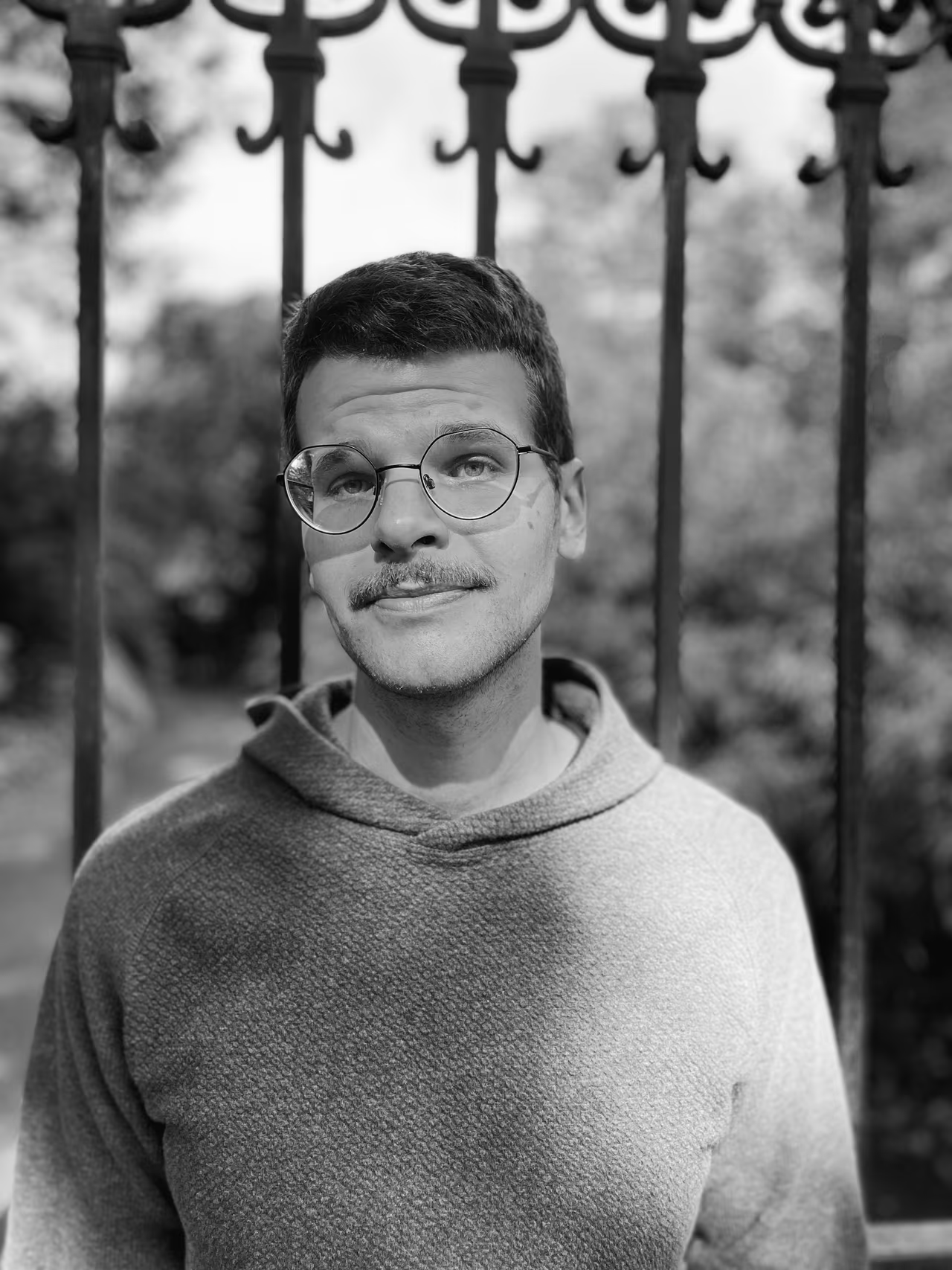
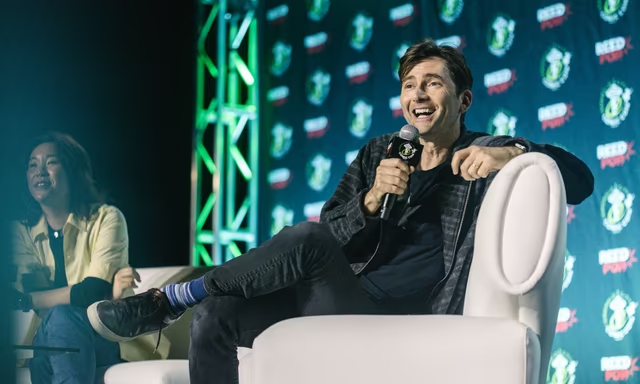
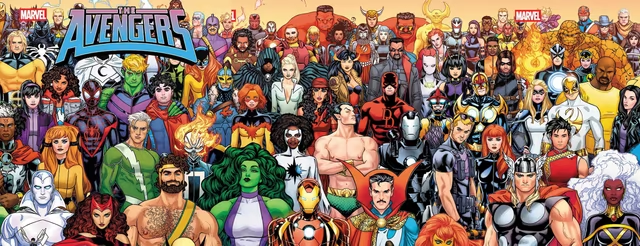
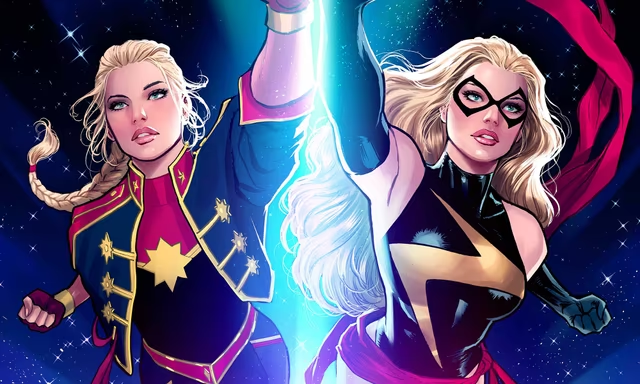
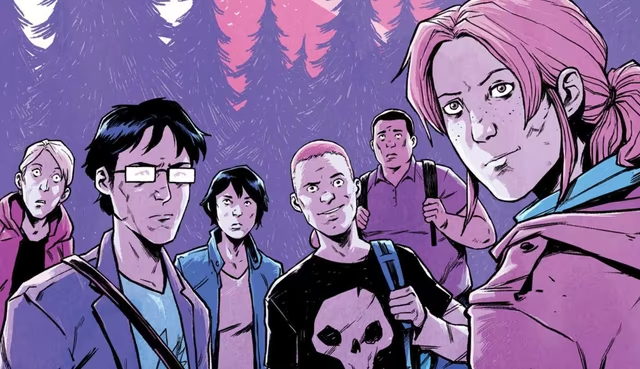
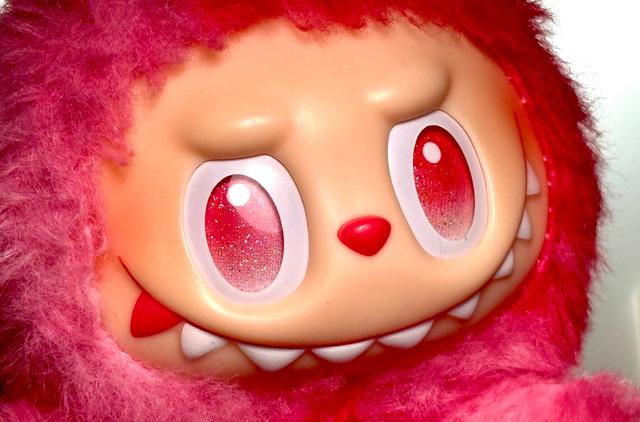

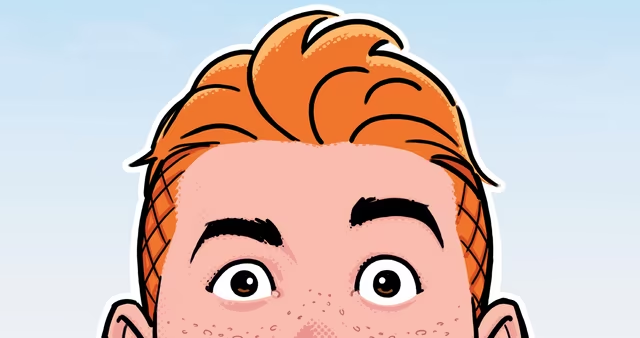




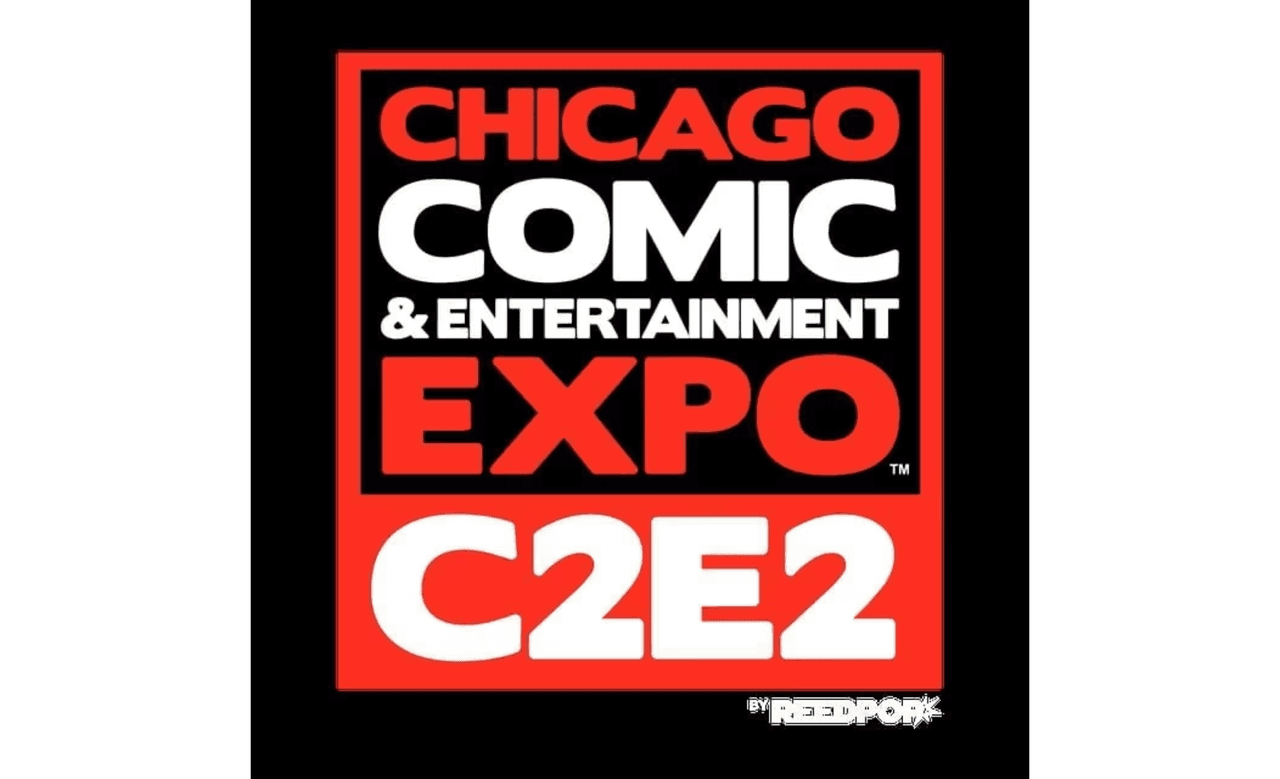
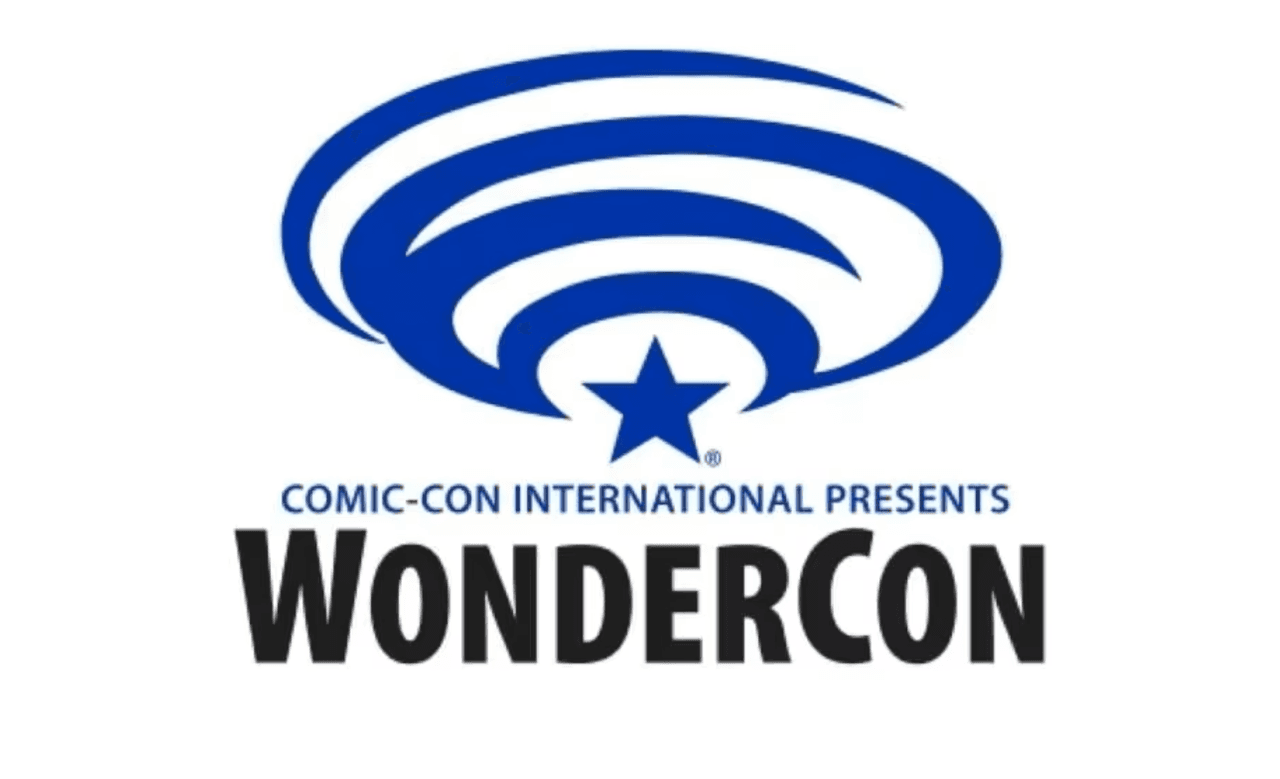
Comments
Want to join the discussion? Please activate your account first.
Visit Reedpop ID if you need to resend the confirmation email.